A Star Is Born: Moving Forensic Practice from Good to Great
Course Description: Louisville Metro Police Surgeon Bill Smock, M.D., one of the country's leading law enforcement educators and expert in clinical forensic medicine, has developed an 8 -hour training program to assist forensic nurses, law enforcement officers and prosecutors in the forensic evaluation of gunshot wounds.
The program is specifically designed for law enforcement officers and medical personnel involved with the investigation, evaluation and reconstruction of firearms-related incidents, including domestic and officer-involved shootings. The information presented will assist your investigation and ensure that your conclusions and findings are based upon the most up-to-date medical science and forensic evidence.
Day 1: The Forensic Evaluation of Gunshot Wounds Course Objectives: 8 hour program with 1 hour lunch (provided) and will include 4, 15 minute breaks: 8AM-6PM
Analyze the differences between and entrance and exit gunshot wounds.
Review current medical literature on the inabilities of health care professionals to accurately differentiate entrance and exit wounds.
Identify appropriate evidence recognition, collection and preservation associated with gunshot wounds.
Describe how forensic evidence can be compromised during patient care.
Apply forensic photography techniques in cases of firearm injury.
Recognize and use appropriate forensic terminology when assessing gunshot injuries.
Recognize the ways in which surgical procedures can alter the appearance of a wound.
Discuss the potential legal challenges to the admission of forensic photographs in court.
Recognize the implications for failing to maintain a “chain-of-custody.
Critique select case studies & discuss the significance related to health care & criminal justice.
6:00PM-7:30PM – Hors D'oeuvres, Wine & Beer Meet and Greet Reception (In The Conference Room)
Day 2: Objectives and Schedule: Wednesday, November 6th, 2019 Ward Allen, Diana Faugno, Val Sievers
Critique the scientific foundations and use of digital imaging in forensic health care.
Demonstrate current techniques and skills with digital photography equipment.
Describe the role of the forensic nurse and responses to patients with forensic health care needs.
Apply the concepts of forensic nursing process to select case studies.
Evaluate the qualities and credentials of the forensic nurse expert.
Examine the rationale for quality improvement in forensic nursing practice.
8:00Am - 9:15AM - Overview of forensic photography and evolution of photography and laws, using digital filters in court, overall change to photographs what is legal vs not legal, photography storage and compliance with the laws, why a cloud is not secure, would you store your hospital patient records on Amazon.com and why? Epic and other electronic health record available with discussion of its security? Life Destruction Cycle of a medical record vs. Legal Statutes of Limitations of cases when storing photographs from a forensic-medical exam. Ward Allen Digital Imaging Expert & Consultant
9:15AM - 10:00AM - Everything you wanted to know about taking a digital photograph in the correct manner for your forensic practice (blue background, hands, follow the protocol, book end cards, how many photos should I take, procedure, rules of 3 and 4, benefit of photography). How to ask for consent and get consent both verbal and written. Diana Faugno and Val Sievers
10:00AM - 10:15AM - Coffee and Tea Break
10:15AM - 11:00AM - Photodocumentation practical hands-on exercise. This will take 45 min. for the table top exercise to complete.
11:00AM - 12:00PM - Back to basics ADPIE and the evaluation and assessment of the forensic patient that has health care needs. Nursing process and assessment applies to all patients with violence. Val Sievers
12:00PM - 1:30PM – Lunch on your own
1:30PM - 3:00PM - Basics of strangulation examination procedures and photography with evidence collection. Photodocumentation practical hands-on exercise. This will take 1 hour for the table top exercise to complete. Val Sievers
3:00PM - 3:15PM – Coffee and Tea Break
3:15PM - 4:00PM - Round table discussion and each table will report their findings and results. Discuss how this hands-on experience will help processes within their practices.
4:00PM – 5:00PM - How to update or create an effective Curriculum Vitae - Diana Faugno and Val Sievers
5:00PM – 5:30PM - Case Peer Review, Closure and Questions - Diana Faugno and Val Sievers





